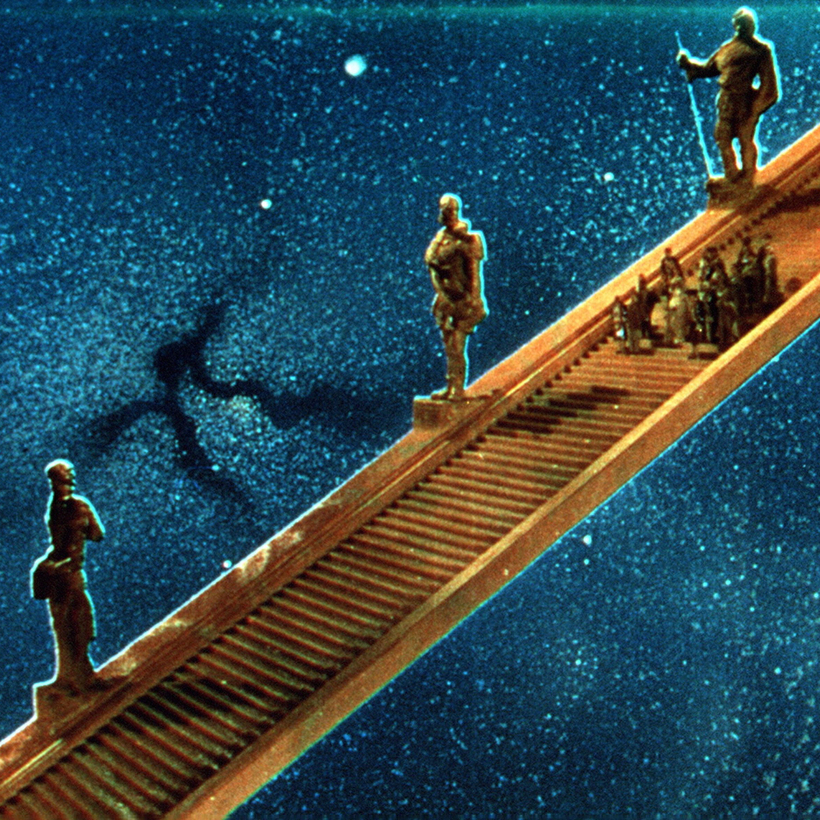Heaven and Hell: A History of the Afterlife by Bart D. Ehrman
My father used to say that the idea of life after death struck him as no more preposterous than the idea of life itself: the notion that animate beings could arise from inanimate matter is the sort of thing we’d scoff at if we weren’t already alive.
But what might life after death actually look like? Here’s where wishful thinking combines with a desire for cosmic justice. Heaven strikes most people as a fine idea—I mean, why not?—and perhaps even a necessary one, given the pain and tragedy of earthly life for so many. How could a benevolent God permit such widespread suffering? The prospect of eternal bliss in the next life gets God (somewhat) off the hook.

